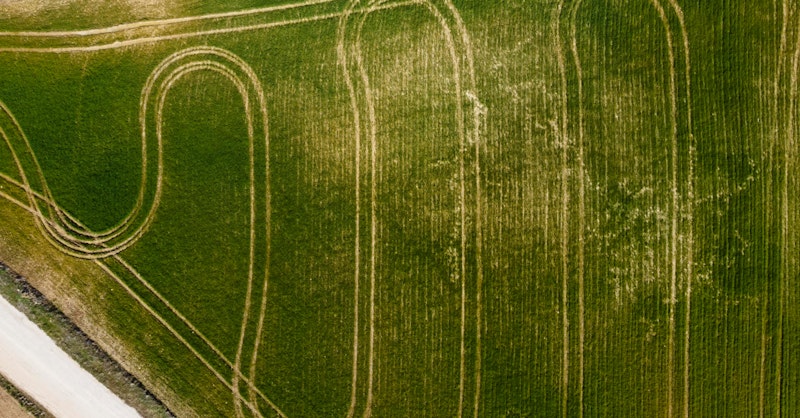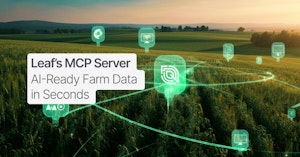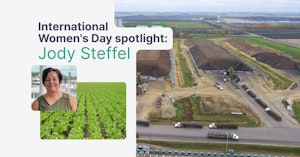Fragmented farm data and evolving demands
Chemical regulations and sustainability priorities are rapidly changing globally, which means that farmers need to comply with new rules like Europe's Green Deal, the USA's shifting EPA regulations, and New Zealand's cap on synthetic nitrogen fertilizer. At the same time, opportunities are opening up for farmers to access premiums through export markets or earn carbon credits by meeting certain farm management requirements. For example, Australian farmers who participate in the International Sustainability and Carbon Certification (ISCC) program can get access to Europe’s premium biofuel market…as long as they’re prepared for an audit of farm management and safety practices.

These types of demands come with more paperwork than most farms can handle, and using digital technology to simplify the collection and management of the data is an obvious solution. Part of the challenge with this approach is that farmers’ data is scattered across different systems and different formats, making it messy and hard to organize. This means that things like record-keeping, audits and certifications have become more of a headache than they should be.
The combination of potential upside that can be unlocked by solving a complex problem presents the perfect opportunity for tech providers to make things easier for farmers, unlock the value, and drive adoption. So how can we make it more efficient for farmers to use their data to meet the growing number of compliance and sustainability requirements and opportunities?
Embracing standardized data to innovate
Leading companies are now tapping into standardized agricultural data using Leaf, and adopting a platform model approach at scale instead of sinking time and resources into direct integrations. As a result, several notable use cases have emerged, demonstrating the positive outcomes in the compliance and sustainability space:
- Farm management information systems use machine data to facilitate automatic data entry and streamline compliant record-keeping for audits.
- Carbon MRV systems integrate standardized application and yield data for measurement, reporting and verification; Commodities can be compared using the same file type, regardless of tractor brand used.
- Biological product providers use data to demonstrate (positive) ROI amid rising fertilizer prices. Integration of yield data and satellite imagery helps measure field trial effectiveness and overcome adoption barriers.
- Food companies with a focus on consumer traceability integrate operations data for end-to-end compliance, with a single integration for their farmers.

Mapping input names to regulatory IDs
Although translated, standardized machine data is now solved through agriculture’s unified API, there was one more messy, inconsistent source getting in the way of quality machine data…the user-entered input data that gets manually punched into the tractor monitor. We recently launched Leaf Input Validator to solve this! It provides a way to match human-entered input names with IDs in agricultural input databases like CDMS or Agrian, eliminating another barrier in working with farm data (read more here).
In summary, it's time to let standardized data do the work for agriculture. This data can help farmers become compliant with their local laws without headaches, and opens up opportunities for them to tap into new premium markets. As always if you have any questions, please don’t hesitate to contact us below!





